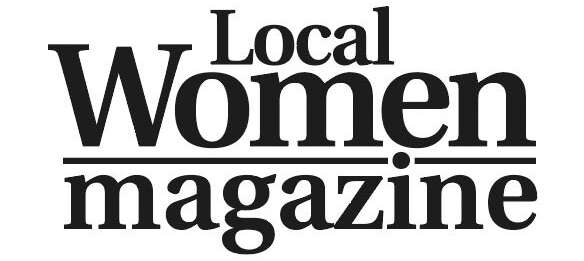Louise Taylor never thought she had autism, but when he 44-year-old decided to start a blog a few years ago, online bulling made her realise that not everyone saw the world the way she did.
This light bulb moment late on in her life led to her diagnosis.
Now, the Cookstown woman is calling for more representation of autistic adults, so that people like her can be their true selves, be better understood, and be able to make a difference in the world.
Louise tells Local Women how she ended up being diagnosed with autism later in life at age 42: “I had decided to write a blog and be my authentic self, and I couldn’t understand the responses to it.
“I was being really badly bullied and I couldn’t understand how people were always like, ‘Be your authentic self’, but when I did it, they were like, ‘Not like that’.
“Some people were calling me mentally ill, saying I should be locked up, and it was really scary. I asked my GP if I could be assessed, but he couldn’t understand why I would want to do that.
“I decided to go privately for an assessment because I wanted to keep me and my children safe. I don’t think getting a diagnosis is for everybody because there is a lot of prejudice, but it has kept me safe because it’s not socially acceptable to bully or abuse a disabled woman.
“I haven’t been getting as badly bullied or harassed since, but I think it’s quite scary that I had to do that to protect myself.”
Louise realised suddenly that not everyone shared her worldview when she started writing online. Until that point she never considered she had autism as she didn’t fit the profile of how she had seen autism portrayed.
She says: “I wouldn’t have identified as autistic for a long time because of the stigma and misrepresentation.

“The profile of autistic people I knew before this was that idea of children who don’t share toys, who don’t play with other people, who don’t want to have friends, and that wasn’t my reality.
“I travelled the world working in different countries, I did a degree and had friendship groups, so I wouldn’t have thought I was autistic.”
And the mum-of-two admits she was masking a lot before her diagnosis, which is when people with autism hide their natural traits to try and fit in with those around them.
“People say that women and girls with autism are hard to spot because we’re masking. I felt like I was being socially policed all the time and that caused high levels of anxiety.
“Social policing can be very subtle, but if you’re highly sensitive, it can be very powerful. You can think you’re just being yourself and then you’re told you’re doing something wrong. That’s what that blog taught me, that it wasn’t acceptable for me to be my authentic self.”
Louise came by her diagnosis in an unconventional way, needing it to protect herself from abuse from strangers, and while masking might have made the disability harder to spot, she says there needs to be more awareness among health professionals so people can get assessments when they need them.
“I think a lot of health professionals believe they’re doing you a favour and that it’s an act of kindness to protect you from that diagnosis, but you can’t manage health conditions if you’re not aware you have them,” she says.
“Our life expectancies are greatly diminished by being autistic because of how much the nervous system gets pummelled.
“So, we need to destigmatise these conditions so that autistic people can manage them.”
For Louise, finding out she has autism has, of course, come with some difficulties as she says many people still hold prejudices about the condition, but for the most part, she continues to live her life to the fullest, as a neurodivergent therapist, business-owner and mum.
And Louise says she hopes the rest of the world will soon come to see that people with autism can be part of society, regardless of their differences, and stop the stigma associated with it.
“I think there’s a lack of visibility and representation among adults, and I think some of the narratives around autism are quite worrying,” she continues.
“Sometimes people will say, ‘You’re really special. You have superpowers’ and then others will call you crazy and say you should be locked away.
“I don’t think either of those narratives are helpful. It’s all about respecting differences. I’m not better than anyone else and I’m not worse. I’m just different.
“I want young people here to see how happy I am and know that I can live my best life, and be autistic at the same time.”
